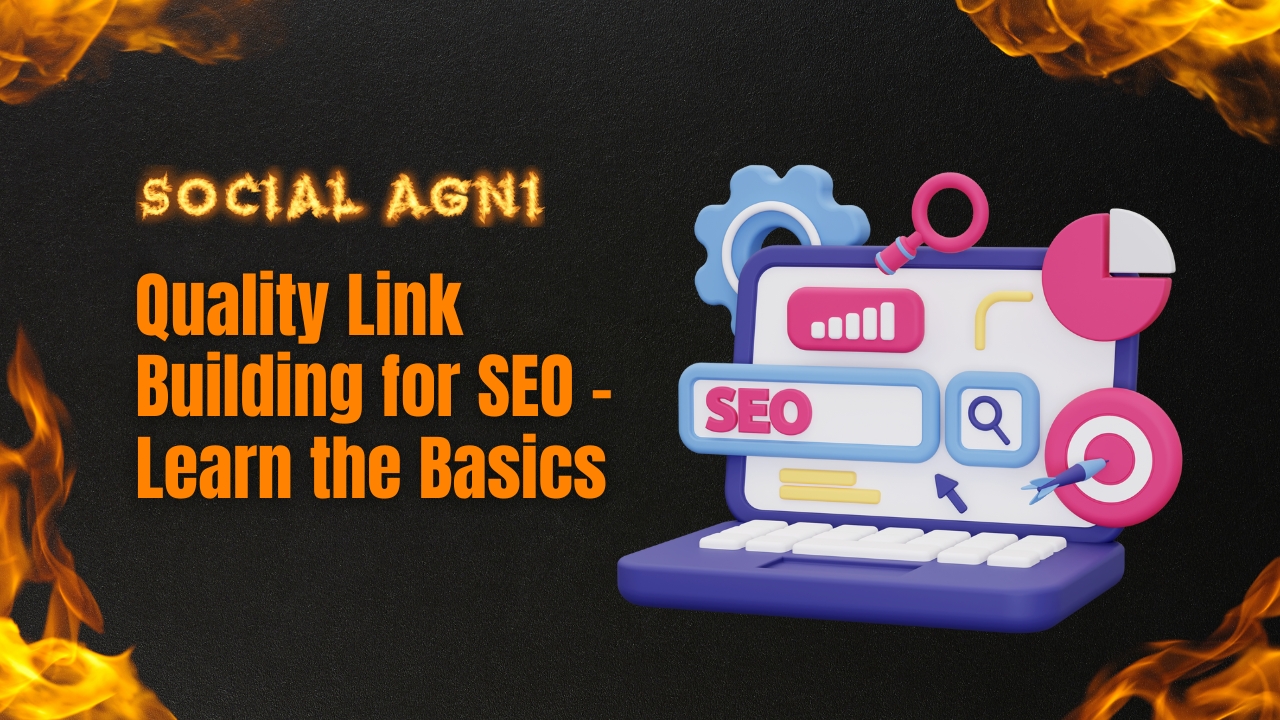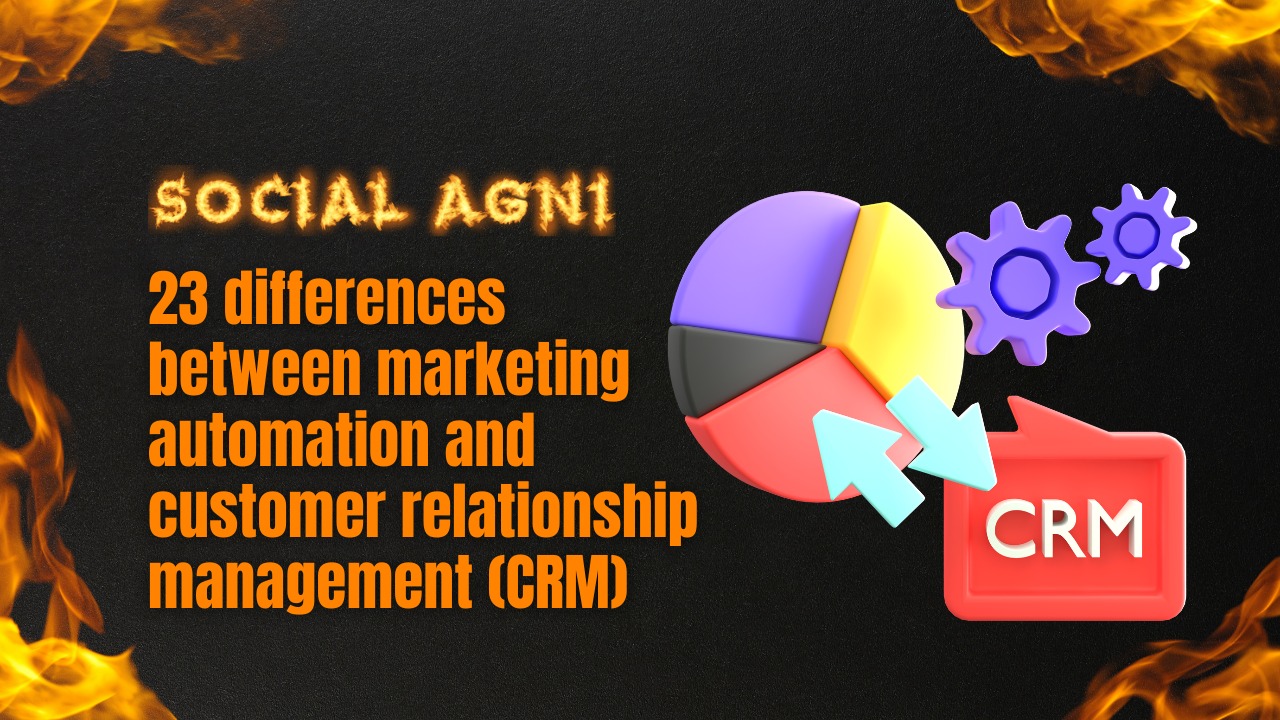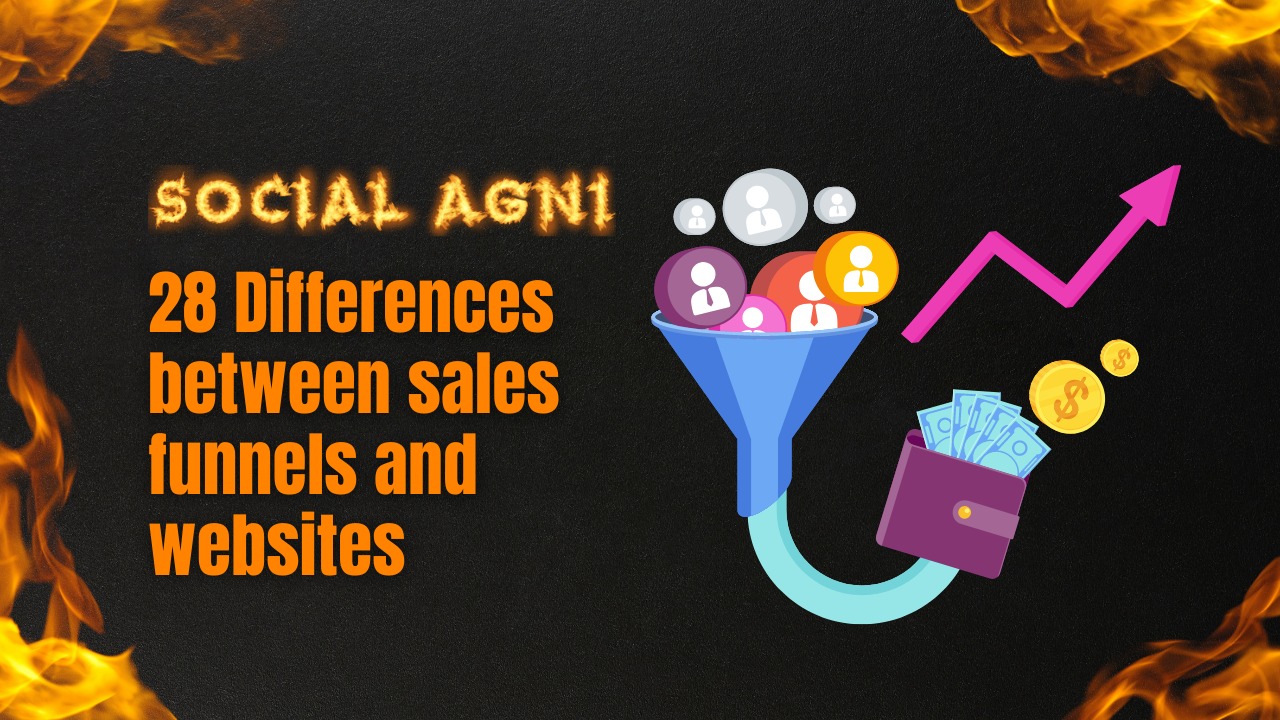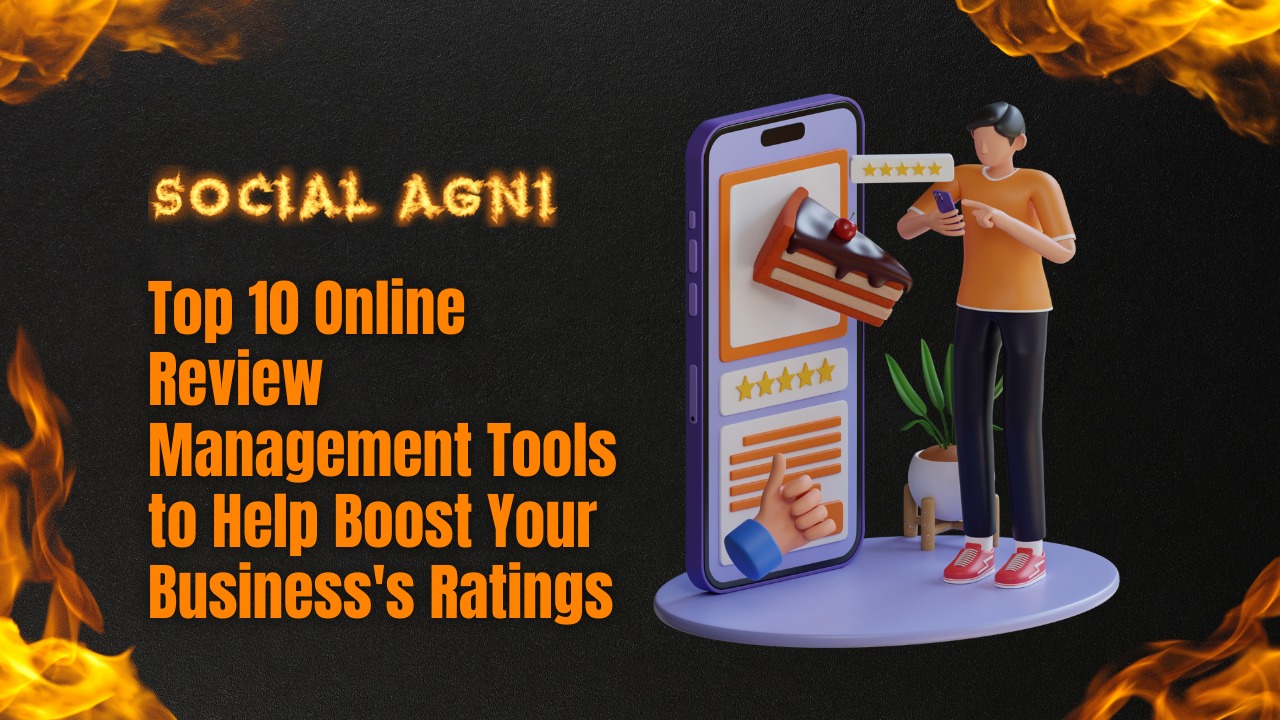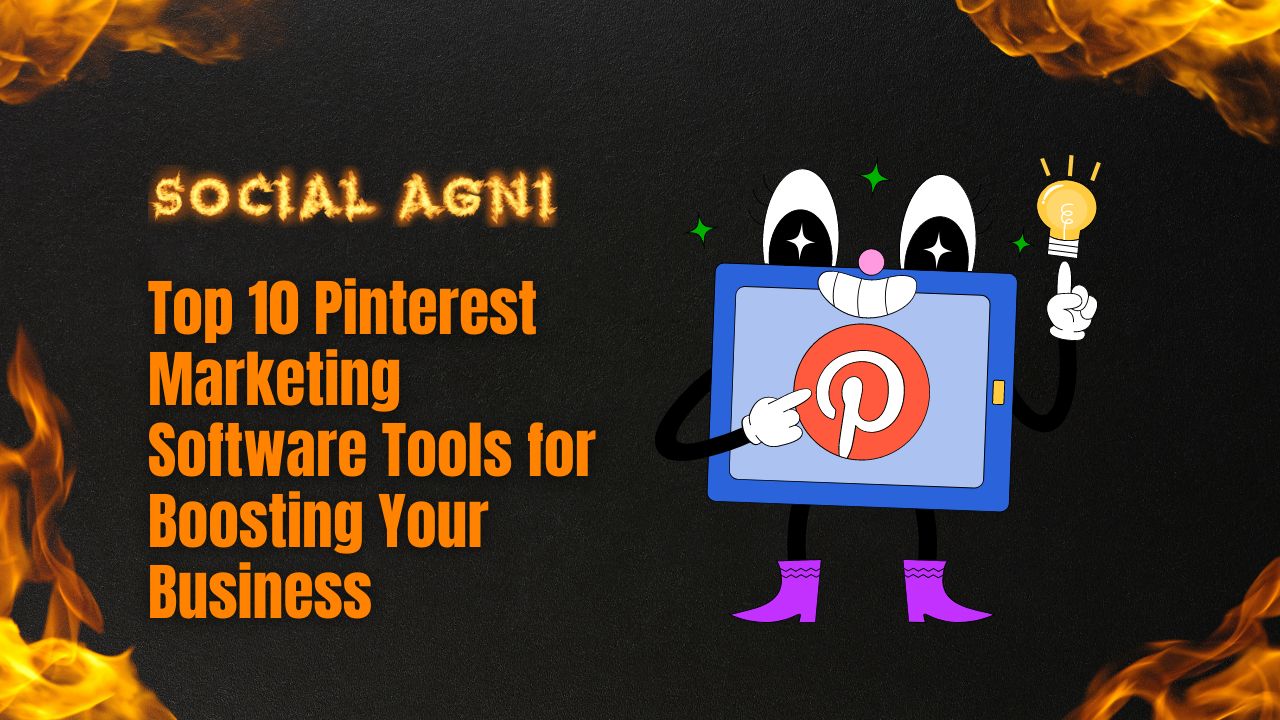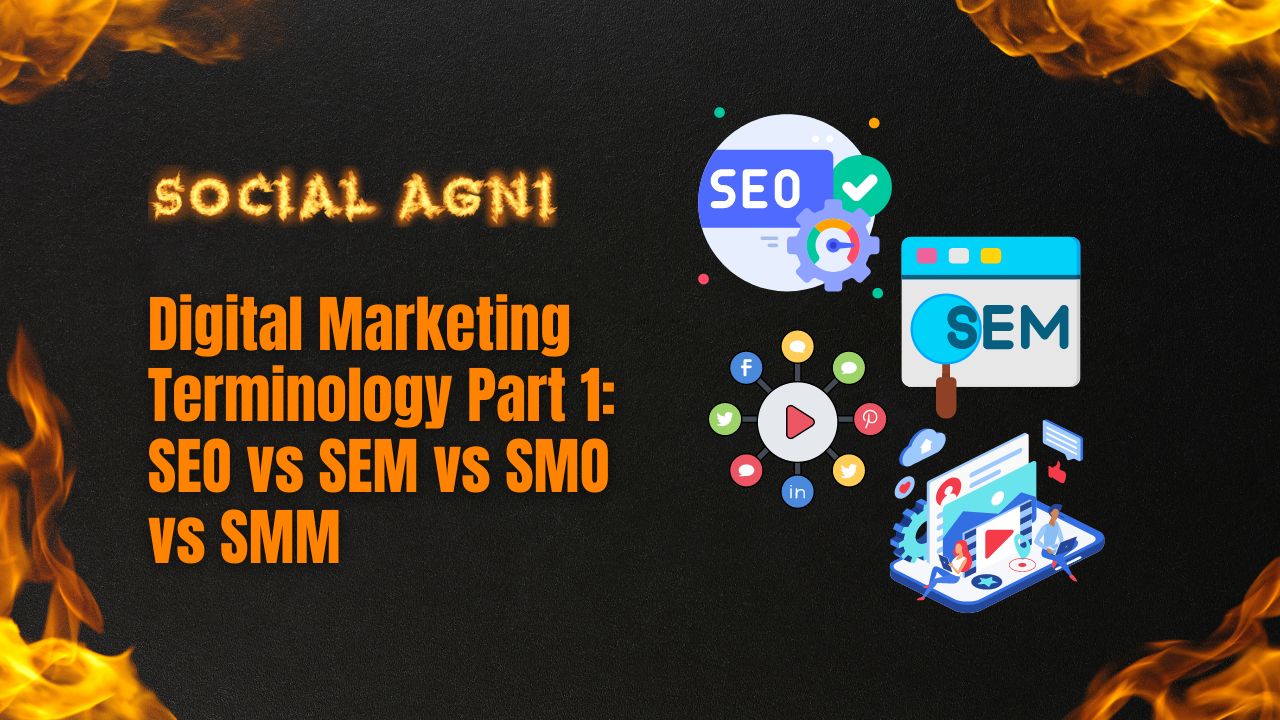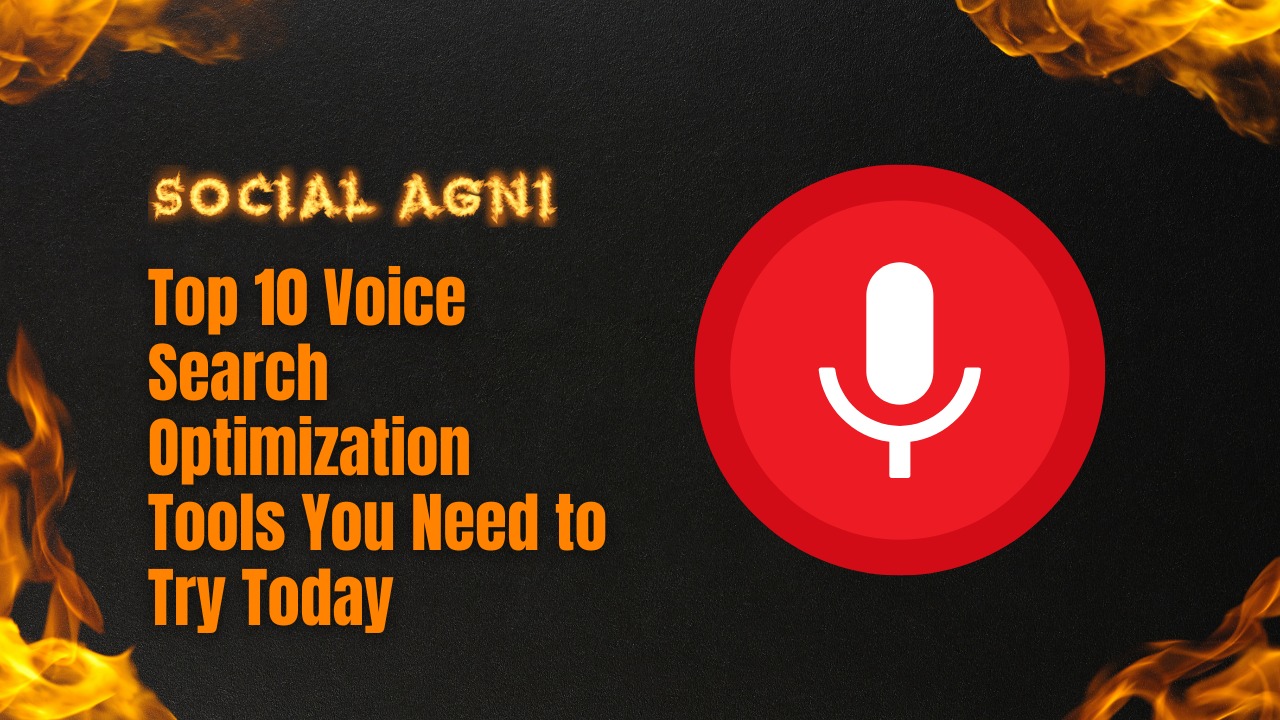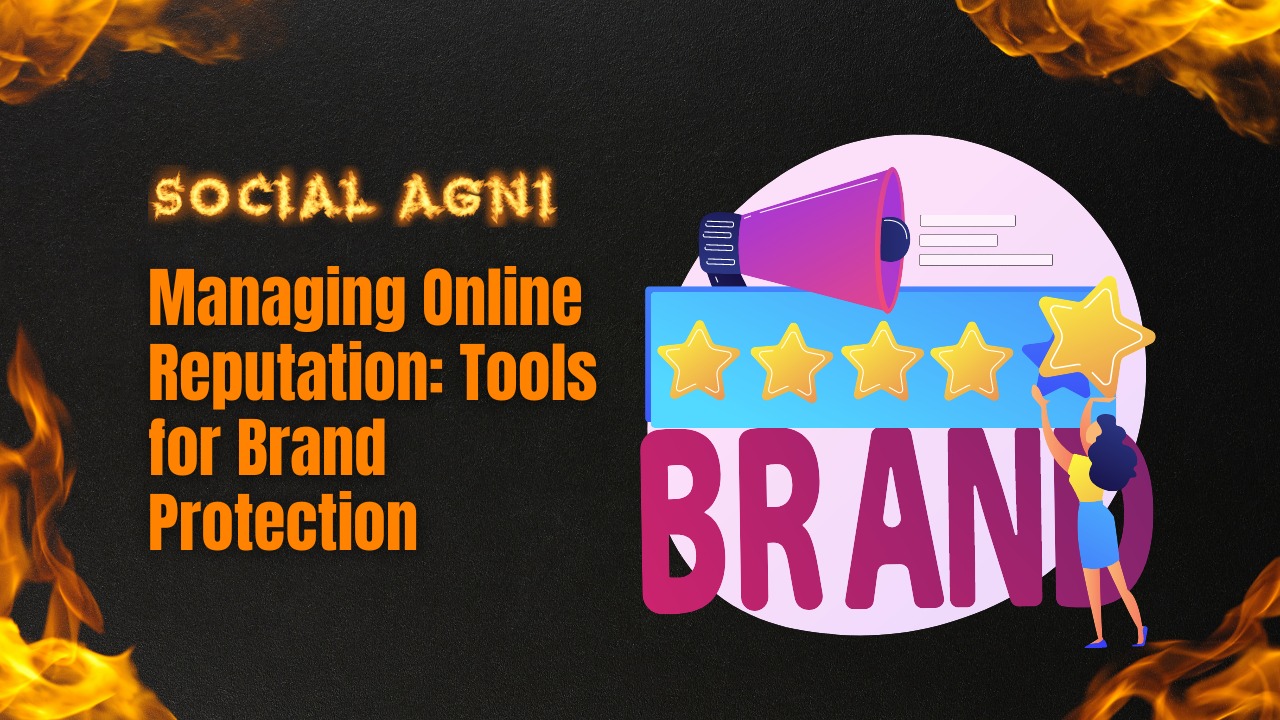As the world becomes more digitally focused, it’s increasingly vital to ensure that your website has the best possible search engine optimization (SEO). One of the most effective ways to achieve this is through quality link building. By building a network of high-quality links to your website, you can significantly improve your SEO and outrank your competitors on Google.
In this article, we’ll explain everything you need to know about quality link building for SEO. We’ll cover the basics, including what link building is, why it’s important, and how to get started. We’ll also provide some advanced tips and tricks to help you take your link building strategy to the next level.
What is Link Building?
Acquiring links from other websites to your own is an essential element of search engine optimization (SEO) known as link building. In simple terms, links act as votes of confidence for your website, indicating to search engines that your site is valuable and authoritative. However, not all links are created equal, and quality link building requires a strategic and thoughtful approach.
To begin with, it is crucial to comprehend that all links do not hold the same value. Some links may be deemed more valuable than others by search engines, based on factors such as the relevance, authority, and trustworthiness of the linking site. Therefore, the goal of quality link building is to acquire links from high-quality sources that are relevant to your website’s content and audience.
To do this, you may need to invest in creating high-quality content that other websites will want to link to and share. This could involve writing informative blog posts, creating engaging videos or infographics, or conducting original research that is of interest to your target audience. By creating valuable content that attracts links naturally, you can build a strong foundation for your link building strategy.
Another important aspect of quality link building is building relationships with other website owners and influencers in your niche. This involves reaching out to other websites and engaging with them on social media, attending industry events and conferences, and building a network of contacts who can help promote your content and link to your site.
Finally, it’s important to be strategic about where and how you place your links. While it may be tempting to place as many links as possible on other websites and directories, this approach can actually harm your SEO efforts by appearing spammy or manipulative. Instead, focus on building high-quality links from authoritative sources that are relevant to your website’s content, and use a variety of anchor text and link types to create a natural and varied link profile.
Why is Link Building Important?
Link building is a critical aspect of search engine optimization (SEO) that plays a significant role in improving a website’s visibility and ranking in search engine results pages (SERPs). In essence, link building refers to the process of acquiring backlinks to a website from other websites, and it’s considered one of the most important factors that search engines use to determine a site’s authority, relevance, and overall quality.
When other reputable websites link to your website, they essentially vouch for the credibility and relevance of your content, signaling to search engines that your site is trustworthy and valuable. Consequently, search engines are more likely to rank your site higher in their search results, which can lead to more traffic, more leads, and ultimately, more revenue for your business.
Moreover, link building can also help you establish relationships with other website owners and influencers in your industry, which can be a valuable asset for your business. By networking with other players in your field, you can learn from their experiences, gain exposure to new audiences, and potentially even collaborate on future projects that can benefit both parties.
Another important reason why link building is important is that it can help you improve the user experience (UX) of your website. When you create high-quality content that is valuable, informative, and engaging, you’re more likely to attract backlinks from other websites that appreciate the quality of your work. These backlinks can then help drive traffic to your site, as users are more likely to click on links that lead to valuable and relevant content. Ultimately, this can help you build a loyal audience of engaged users who appreciate your content and are more likely to convert into customers or brand advocates.
Finally, link building is important because it can help you stay ahead of your competition. In today’s digital landscape, it’s not enough to have a great website or produce great content – you also need to ensure that your content is visible and easily discoverable by your target audience. By building high-quality links that point to your website, you can improve your chances of ranking higher in search engine results and capturing more traffic and leads than your competitors. Additionally, by keeping up with the latest trends and best practices in link building, you can ensure that your website remains relevant and valuable to both search engines and users alike.
How to Build Quality Links
Now that you understand why link building is important, let’s look at how to build high-quality links to your website.
Create High-Quality Content: The best way to attract high-quality links is by creating content that people want to link to. This means producing content that is informative, valuable, and engaging.
Guest Posting: Guest posting involves writing articles for other websites and including a link back to your own site. This can be a great way to build high-quality links and improve your SEO.
Broken Link Building: The technique of broken link building entails identifying non-functioning links on external websites and proposing to substitute them with hyperlinks to your own content.
Link Reclamation: Link reclamation involves finding mentions of your brand or website on other websites that don’t include a link and requesting that they add one. This can help improve your search engine rankings and drive more traffic to your website.
Infographics: Infographics are a popular type of content that can be shared widely and generate high-quality links to your website. Creating high-quality infographics can be an effective way to build links and improve your SEO.
Advanced Link Building Strategies
If you’ve already mastered the basics of link building and are looking to take your strategy to the next level, here are some advanced tips and tricks to consider:
Focus on Quality, Not Quantity: While it’s essential to build a network of high-quality links, it’s also important to remember that not all links are created equal. Focus on building links from authoritative websites in your industry.
Build Relationships: Building relationships with other websites and influencers in your industry can be an effective way to build high-quality links and improve your SEO. Consider attending industry events or reaching out to other websites to build mutually beneficial relationships.
Create Link-Worthy Content: Creating link-worthy content, such as original research, can be an effective way to attract high-quality links to your website.
Monitor Your Backlink Profile: It is crucial to consistently check your backlink profile to confirm that your links are of good quality and pertinent.
Conclusion
In conclusion, quality link building is an essential part of SEO. By focusing on relevance, authority, diversification, avoiding black hat techniques, creating high-quality content, using anchor text strategically, and monitoring your backlink profile, you can build a strong link profile that will help to improve your search engine rankings and drive more traffic to your website.
Frequently Asked Questions (FAQs)
1. What is the main purpose of link building for SEO?
The main purpose of link building for SEO is to increase the authority and relevancy of a website by obtaining high-quality backlinks from other authoritative websites.
2. Are all backlinks equally important for SEO?
No, not all backlinks are equally important for SEO. Quality backlinks from authoritative websites are more valuable than low-quality backlinks from irrelevant or spammy websites.
3. How can I identify high-quality websites to get backlinks from?
You can identify high-quality websites to get backlinks from by looking at their domain authority, relevancy to your website’s niche, and the quality of their content.
4. What is the difference between internal and external linking?
Internal linking refers to links within your website that point to other pages on your site, while external linking refers to links from other websites that point to your site.
5. How many backlinks do I need to rank higher in search engine results?
There is no specific number of backlinks needed to rank higher in search engine results. It depends on the quality and relevancy of the backlinks and the overall SEO strategy of your website.
6. Can I buy backlinks for my website?
No, buying backlinks for your website is against Google’s guidelines and can result in penalties or even getting banned from search results.
7. How long does it take to see results from link building?
It can take several weeks or even months to see results from link building, as search engines need time to crawl and index the new backlinks.
8. What are some common link building techniques?
Some common link building techniques include guest blogging, broken link building, creating infographics or other shareable content, and participating in online forums or communities related to your niche.
9. Should I focus on quantity or quality of backlinks?
Quality of backlinks is more important than quantity. It’s better to have a few high-quality backlinks than many low-quality ones.
10. Can outbound links affect my SEO?
Yes, outbound links can affect your SEO. Linking to low-quality or irrelevant websites can negatively impact your website’s authority and relevance.
11. How can I avoid getting penalized for bad backlinks?
You can avoid getting penalized for bad backlinks by regularly monitoring your backlink profile, disavowing any low-quality or spammy backlinks, and following Google’s guidelines for link building.
12. What is anchor text and how does it affect SEO?
Anchor text is the clickable text in a hyperlink. It affects SEO by providing context and relevance to the linked page. Using relevant and varied anchor text can improve the authority and relevancy of a website.
13. Can social media links improve my website's SEO?
Social media links can indirectly improve your website’s SEO by driving traffic and increasing engagement on your website, which can signal to search engines that your website is relevant and authoritative.
14. Can I get penalized for duplicate content in my backlinks?
Yes, using duplicate content in your backlinks can result in penalties from search engines. It’s important to use original and unique content in all of your backlinks.
15. Is link building still important in 2023?
Yes, link building is still an important aspect of SEO in 2023, as it helps to increase the authority and relevancy of a website and improve its search engine rankings.
References
- https://mention.com/en/blog/ways-to-earn-quality-backlinks/
- https://www.searchenginejournal.com/top-link-building-strategies/435147/
- https://www.linkedin.com/pulse/backlinks-quality-versus-quantity-becky-livingston?trk=pulse-article_more-articles_related-content-card
- https://www.searchenginejournal.com/link-building-guide/
- https://pedestalsearch.com/future-of-link-building-seo/
